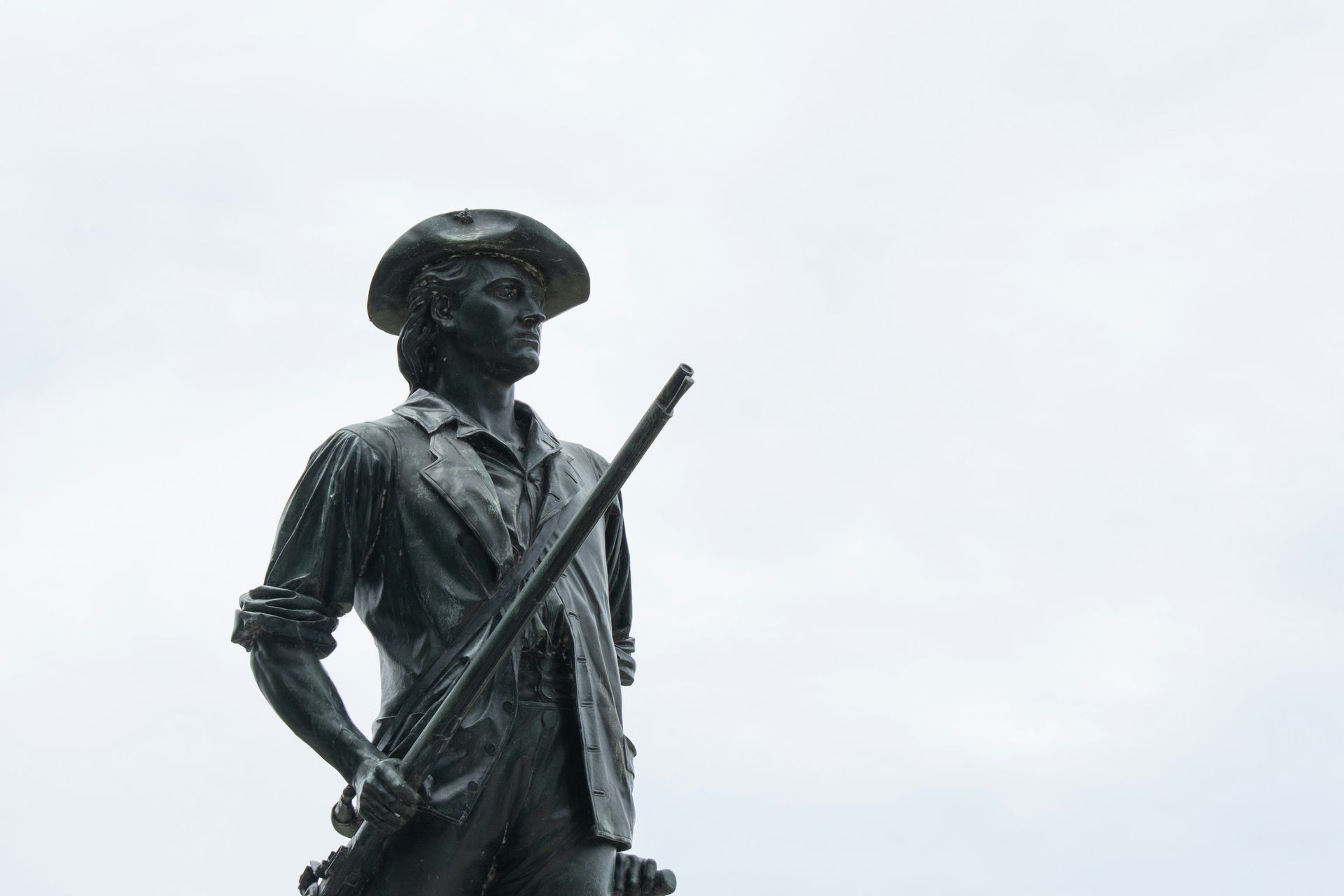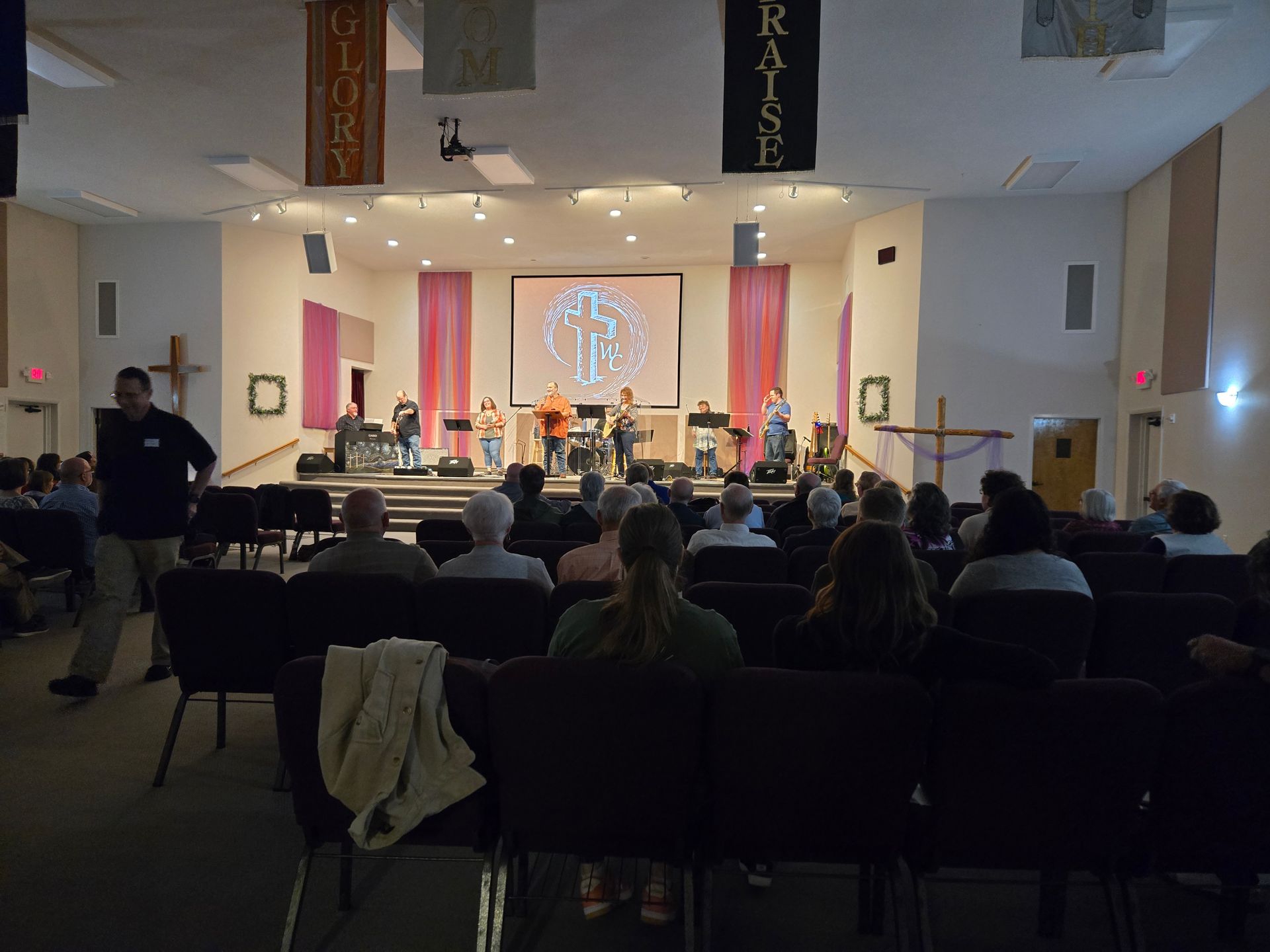Theologians in Residence
Christianity Today had a piece called 'Theologians in Place'. It gave examples of American Reformed churches (not that these are the only churches doing this, but they make up the majority of the examples) who are hiring theologians onto their staff. There is some concern noted in the article. For instance, who counts as a theologian (i.e. Aren’t all Christians theologians)?. Or, as the article quoted Eugene Peterson, ‘my gut feeling is that the pastor should be the theologian in residence.’ Peterson then compares it to a surgeon hiring a surgeon in residence and noting that this makes little sense.
Nevertheless, I think this notion of theologians in residence is seeking to meet some problems facing most Christian denominations today. The primary problems, as I see them, are those of lay theologians and the relationship between the academy and the Church.
In the first place, I think Christian churches are beginning to experience something that, in numbers at least, is a relatively new development: the lay theologian. In ages past, the main, though not only, people who would receive theological training (there being no real distinction between say pastoral, systematic, general, etc.) would have been those training for ordination and/or those seeking a monastic vocation. This also tended to limit theological training to men (which the lay theological movement has, perhaps, helped to overcome, as well as note the place of women within the ministerial as well as theological discourse). Now, however, there are young theologians (and old) who have not and are perhaps not called to train and serve as ordained ministers/priests but are called to do theology. Yet our secular academies are trending increasingly towards the sciences (not necessarily a bad thing), but this means they are tending away from and even defunding subjects in the humanities, and if English is being defunded, you can guarantee that theology and philosophy will be as well. Even in Christian Universities and Seminaries, there seem to be too few jobs for the people trained in theology. I know one young theologian who has had his Ph.D. for several years now and has still not been able to find a job.
On the other side, many churches are (often understandably) wary of academic theological training and research. Whether its because they think it will lead people to deny things about the life of Christ, or the dating of certain books of the Bible or to change their stance (one way or the other) on issues like homosexuality, abortion, politics, some churches simply seem to put off an anti-intellectual vibe. Or, and this is an issue primarily for Bible based churches (and by that I simply mean denominations/movements that tend not to follow a specific Creed or Confession of Faith), it has occasionally been my experience that some churches know how to handle and utilise Biblical Scholars but often are uncertain what to do with those who study things like Systematic Theology, Historical Theology, Philosophic Theology, etc.
As a young theologian myself (twenty-seven and nearly done with my Ph.D.) this is something I find myself often worrying about. Is there a place for me in the Church and in the church? I know, somewhat, my place in the Church, but what is my place in the local congregation? What should I do if the minister or priest makes a theological faux pas? What if a young student unintentionally spouts off an ancient heresy as truth? How does the research I am doing affect the local community? Or, for that matter, how can I introduce my research to the local community in order to make it useful? These and others like them are the questions that often plague me.
So, what do we do? I certainly don’t have THE right answer. However, I would suggest that churches hiring full-time (or even part-time) theologians is a step in the right direction. A theologian in the church can be given the time (the leisure, used in the Josef Pieper does) to write journal articles and books, in order to remind the academe the relevance of theology and the Church. A theologian in the church can also preach and teach, in both instances alongside the clergy and the parishioners. They can write books or newsletter articles for the churches they serve in order to help people discuss issues like science and Christianity, ethics, philosophy, the history of the Faith.
I don’t want to make it sound like the problem lies entirely with the churches. Those who view theologians as ivory tower academics who look down their noses at them, certainly have been given reason to do so. Theologians need a good dose of humility, which I think working directly with the local church can help them become. Theologians need to remember that if our work is not in some way also for the Church and the church then there is something wrong with it and with us. Above all, however, we need to remember or be told what it's like serving a Christian community. Remember, Augustine, Gregory of Nazianzus they were bishops. Thomas Aquinas was a Dominican Friar. Rahner, de Lubac, von Balthasar, Congar were all priests. Many of the best theologians throughout the history of the Church were also servants of monastic orders, dioceses, and/or local churches.
So, if you’re a leader in a church, hear my plea, hire a theologian (even if it isn’t me). If you’re theologian look to the local church. We need each other, we need to support each other so we can continue to go about work of studying and discussing the Creator of the Cosmos and spreading the Good News that the Creator has entered his Creation to make all things new.
Sincerely yours,
David Russell Mosley
Today's post comes from theologian David Russell Mosley, who blogs regularly at Patheos










